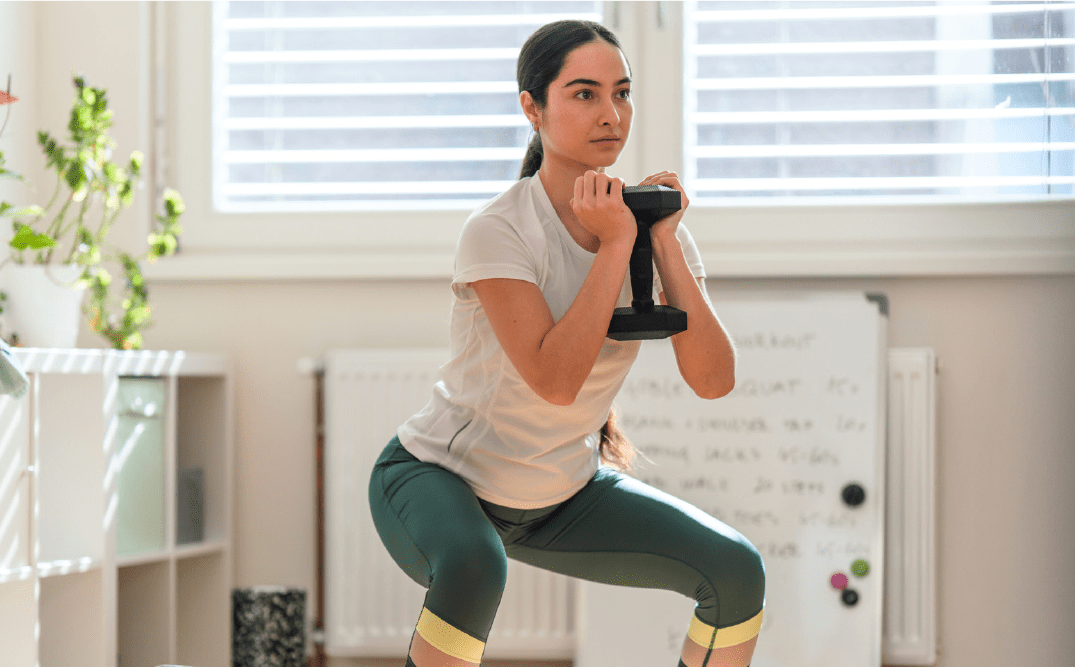You probably already know that physical exercise is vital to good health. The Centers for Disease Control and Prevention (CDC) recommends that all adults get at least 150 minutes of exercise per week, along with two muscle-strengthening sessions. And the National Institute on Aging (NIA) notes that staying active can help with everything from preventing falls to lowering the risk of certain cancers to minimizing cognitive decline. But did you know that there is a specific type of exercise program that meets all these goals while also helping you move more comfortably through your daily life? Meet functional fitness.
What is functional fitness?
According to the NIA, there are four different kinds of exercise. Balancing your workouts between them is vital to becoming truly fit:
- Endurance
- Strength
- Balance
- Flexibility
Functional training incorporates all four, focusing on practical applications for daily living. Instead of worrying about perfectly toned abs or defined biceps, functional fitness ensures that you can comfortably pick up your child, run after your dog, or stretch your shoulders to reach the wine glasses on a top shelf.
How does functional fitness work?
Functional fitness routines are aimed towards bending, stretching, climbing, walking, squatting…all the movements people make throughout the day. Instead of using machines, you’ll focus on bodyweight exercises that mirror real-life activities. These exercises help ensure that the entire body is evenly toned, limber, and ready to face whatever it needs. You’ll also do some explosive moves that prepare you for sudden and unexpected challenges—like your kid taking off at a run through a crowded park or an overhead shelf giving way.
Benefits of functional fitness
Functional fitness has an incredible number of advantages over other types of exercise programs. Beyond the fact that it prepares you for everyday living, this type of workout also offers:
- Better physical balance
- Stronger overall conditioning
- Improved strength
- Heightened endurance
- Explosive power and speed
Functional fitness works your entire body evenly, ensuring you are genuinely fit rather than simply toned. And the benefits can carry over to whatever you do, from running to catch a cab to playing your sport of choice.
Is functional fitness right for me?
Unlike many more traditional training programs, functional fitness routines can be highly tailored to your specific needs, current fitness level, and underlying health challenges. A routine for a grandmother with arthritis might look very different than one tailored to a teenage athlete, but both workouts provide the same relative benefits. Therefore, functional fitness can be an excellent choice for nearly anyone.
Still, checking with your doctor before starting any new exercise program is always important. They can help you understand where to focus your workout priorities and let you know if there are any specific exercises you should do or avoid.
Suppose you haven’t been exercising at all. In that case, it may be worth consulting with a physical therapist or personal trainer to learn the best ways to get started, especially if you have chronic medical conditions. Even a few sessions could help get you started on the road to success.

